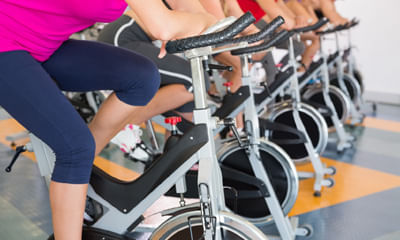Stage fright- Symptoms & Management
Stage fright or performance anxiety is the anxiety, fear or persistent phobia which may be aroused in an individual by the requirement to perform in front of an audience, whether actually or potentially. In the context of public speaking, this may precede or accompany participation in any activity involving public self-presentation. In some cases stage fright may be a part of a larger pattern of social phobia (social anxiety disorder), but many people experience stage fright without any wider problems. Quite often, stage fright arises in a mere anticipation of a performance, often a long time ahead.
It has numerous manifestations: stuttering, tachycardia, tremor in the hands and legs, sweaty hands, facial nerve tics, dry mouth, and dizziness.
The common Performance Anxiety symptoms are:
- Dreading the performance, worrying endlessly about it
- Becoming numbed, distant and withdrawn
- Trembling hands and voice
- Sweating
- Feeling sick or having stomach cramps
- A racing pulse and pounding heart
- Tightness in the throat which can hinder talking
- A dry mouth
Try these 10 tips to reduce your stage fright :
- Shift the focus from yourself and your fear to your true purpose—contributing something of value to your audience.
- Stop scaring yourself with thoughts about what might go wrong. Instead, focus your attention on thoughts and images that are calming and reassuring.
- Refuse to think thoughts that create self-doubt and low confidence.
- Practice ways to calm and relax your mind and body, such as deep breathing, relaxation exercises, yoga, and meditation.
- Exercise, eat well, and practice other healthful lifestyle habits. Try to limit caffeine, sugar, and alcohol as much as possible.
- Visualize your success: Always focus on your strength and ability to handle challenging situations.
- Prepare your material in advance and read it aloud to hear your voice.
- Make connections with your audience: Smile and greet people, thinking of them as friends rather than enemies.
- Stand or sit in a self-assured, confident posture. Remain warm and open and make eye contact.
- Give up trying to be perfect and know that it is OK to make mistakes. Be natural, be yourself.



+1.svg)
